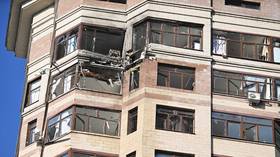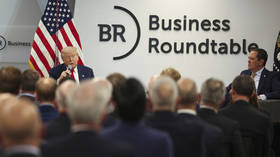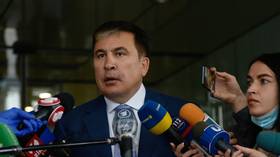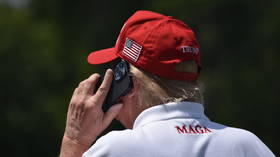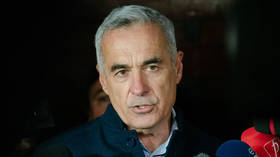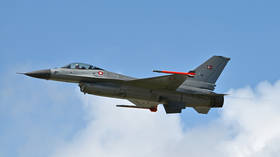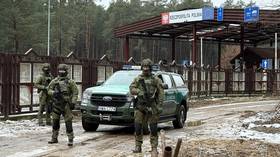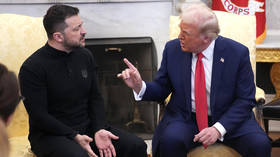Exchange rate crisis will keep Nigerian fuel costs high – analyst
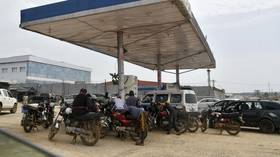
Petrol prices will continue to rise in Nigeria as long as the government presses ahead with its agenda of deregulation, economic analyst and businessman Kelvin Emmanuel has told RT. Nigeria’s efforts to merge its multiple foreign exchange rates have triggered a cost-of-living crisis.
Nigerian President Bola Tinubu’s office said on Thursday that there will be no more hikes in the price of petrol, after economists warned that a third increase in three months could be forthcoming.
Speaking to RT on Saturday, Emmanuel said that only the market will decide how much Nigerians pay at the pumps.
“Petrol prices going up in a deregulated market is a normal thing,” he said, pointing out that at 70 US cents per liter, prices in Nigeria are already less than half of what they are in some sub-Saharan African nations.
“The exchange rate is the biggest factor in determining petrol prices,” he continued, explaining that the government’s decision to do away with industry subsidies in June caused prices to jump “from somewhere around 28-30 cents to 78 cents.”
The abandonment of the subsidy scheme came as Tinubu’s government devalued the country’s currency – the naira – in a bid to close the gap between the country’s official and unofficial exchange rates. The official rate allowed some businesses to buy commodities at a preferential price tag, while the unofficial rate was directly determined by the price of imported commodities.
Food prices have more than doubled since the devaluation, with the government announcing the distribution of $6.5 million worth of food to the nation’s poor on Friday to mitigate the crisis.



